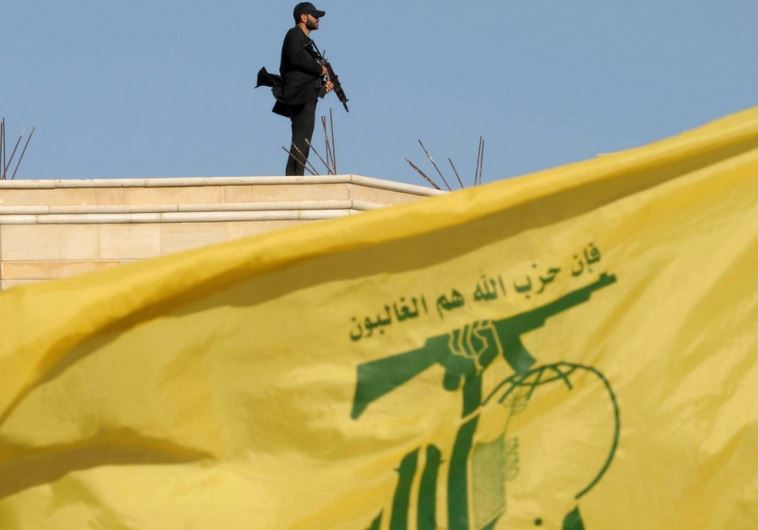US Congressional panel considers additional Hezbollah sanctions
The Department of Justice on Thursday confirmed that two American citizens were arrested in June for planning attacks in the US for Hezbollah.
 A Hezbollah member carries his weapon on top of a building in Bekaa ValleyUpdated:
A Hezbollah member carries his weapon on top of a building in Bekaa ValleyUpdated: